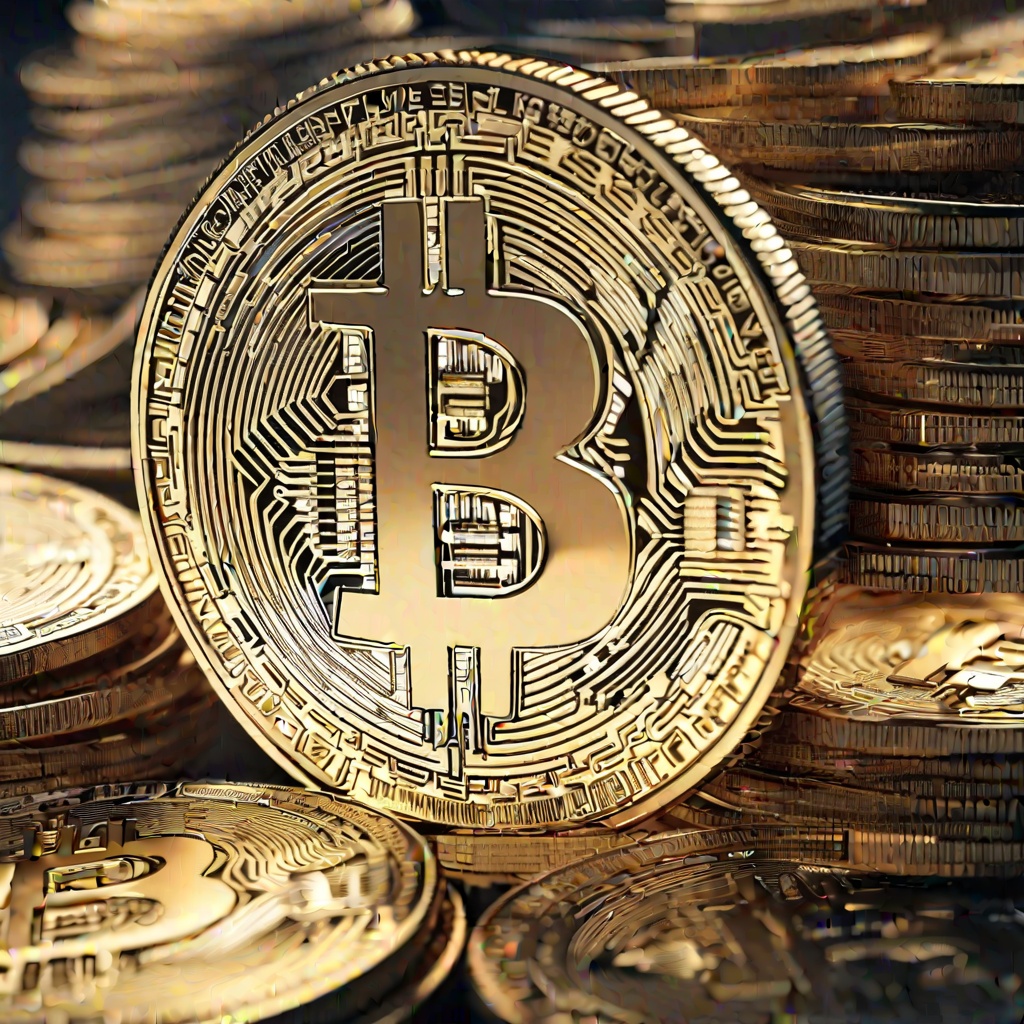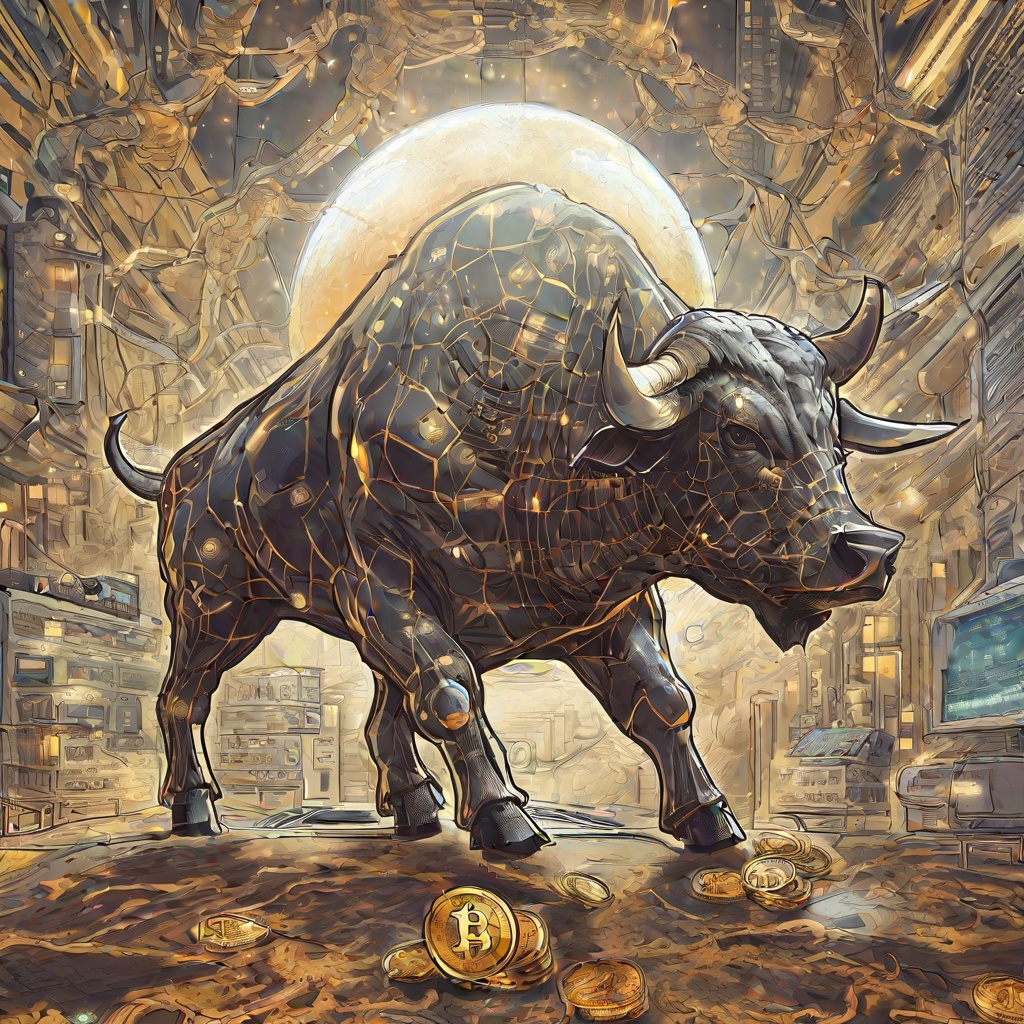When will a spot Bitcoin (BTC) ETF come out?
As an investor eagerly anticipating the launch of a spot Bitcoin (BTC) Exchange-Traded Fund (ETF), I'm curious to know - when will we finally see such a product hit the market? Given the surging popularity and adoption of Bitcoin, coupled with the growing demand for regulated investment vehicles, it seems like the perfect time for a spot BTC ETF to be introduced. However, regulatory hurdles, market readiness, and other factors may be delaying its arrival. So, what are the current indications or projections for when we might expect a spot Bitcoin ETF to become available? The potential benefits it could bring to investors, traders, and the overall crypto market are immense, and I'm keen to learn more about its progress.

How do I buy a bitcoin ETF?
As a curious investor interested in exploring the world of cryptocurrency, I'm wondering how I can buy a Bitcoin ETF. Could you please provide a step-by-step guide on the process? I'd like to know the initial requirements, such as opening a brokerage account or ensuring I meet any eligibility criteria. Additionally, I'm curious about the various platforms or brokerages that offer Bitcoin ETFs and how to compare them. Finally, I'd appreciate any advice on managing the risks associated with investing in a Bitcoin ETF and how to make informed decisions. Thank you for your assistance in navigating this exciting yet potentially complex market.

Will Blackrock launch a spot bitcoin ETF?
In the current cryptocurrency and financial landscape, rumors are abound regarding potential moves by major financial institutions into the world of Bitcoin. One such rumor, which has captured the attention of investors and market observers alike, is the potential launch of a spot Bitcoin ETF (Exchange-Traded Fund) by BlackRock, a global investment management firm with significant influence in the financial world. With Bitcoin's meteoric rise in popularity and value in recent years, it's no surprise that institutional investors are starting to take notice. However, the question remains: Will BlackRock indeed launch a spot Bitcoin ETF? Such a move would not only provide investors with a more convenient and traditional way to gain exposure to Bitcoin, but it could also signal a major shift in the way that traditional financial institutions view and interact with the cryptocurrency market. As investors and enthusiasts alike await the outcome of this potential development, it's worth considering the potential implications and opportunities that such a move would bring. Will BlackRock be the first of many major financial institutions to take this step? Or will they hesitate, leaving the door open for competitors to seize the initiative? Only time will tell, but for now, the question remains: Will BlackRock launch a spot Bitcoin ETF?

What is yieldmax coin option income strategy ETF?
Could you elaborate on the "yieldmax coin option income strategy ETF" and its key features? As a crypto enthusiast, I'm particularly interested in understanding how this strategy aims to maximize returns while managing risk. Does it involve specific coin selections, option strategies, or does it focus more on dividend or interest income? I'd also like to know if this ETF is suitable for long-term investors or if it's more suitable for short-term traders. Additionally, what are the potential risks associated with this strategy, and how does it compare to other similar investment options in the market?

What happened to VanEck bitcoin strategy ETF?
Could you elaborate on the recent developments surrounding the VanEck Bitcoin Strategy ETF? I've heard murmurs of potential regulatory delays or even rejections, but I'm not entirely sure of the specifics. Could you provide a concise overview of the current status and any challenges the ETF might be facing? Are there any indications that the SEC is leaning towards approving or disapproving the fund? And finally, how do you think this situation might impact the broader cryptocurrency market and investor sentiment?

